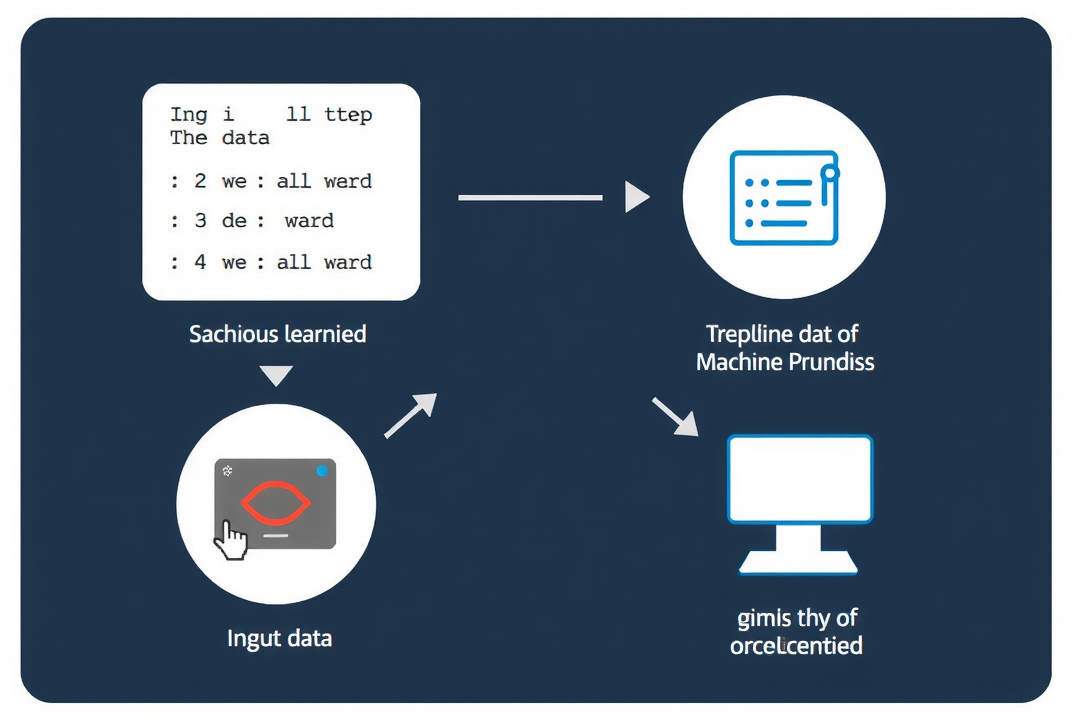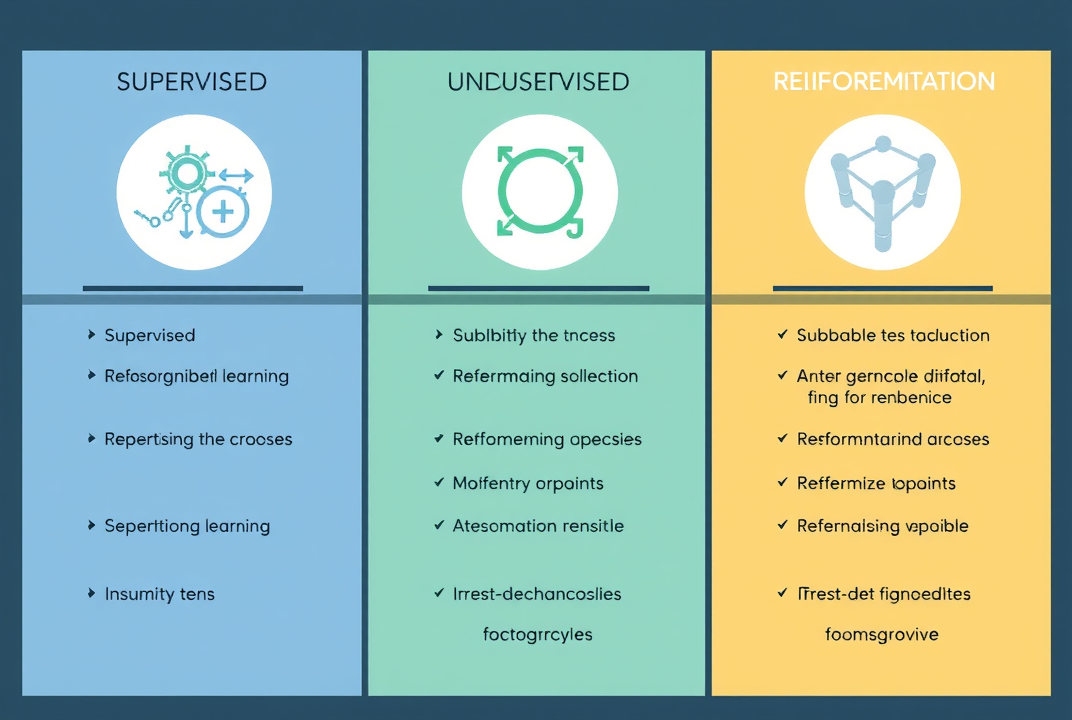The Beginner's Guide to Machine Learning: Unlocking Potential

Introduction
Did you know that Google Maps uses machine learning to predict traffic patterns and optimize routes? Machine learning is a buzzword in today's tech-driven landscape, influencing fields from healthcare to entertainment. But what exactly is machine learning, and why does it matter for beginners?
In this guide, we will break down the basics of machine learning. We'll explore its relevance, outline the different types, and provide useful tips for getting started. Whether you're a tech enthusiast or someone curious about AI, understanding the foundational elements of machine learning is your first step towards leveraging its potential.
What is Machine Learning?
Machine Learning Defined Machine learning is a branch of artificial intelligence (AI) that enables computers to learn from and make decisions based on data. Unlike traditional programs, which require specific instructions, machine learning algorithms identify patterns and apply logic on their own.

Consider how shoppers receive personalized online recommendations based on previous purchases. Machine learning algorithms analyze past data to make predictions, offering unique experiences to users.
The Importance of Machine Learning
Applications in Various Fields Machine learning is prevalent across numerous industries. In healthcare, it assists doctors in diagnosing diseases. In finance, it enhances fraud detection. Its implications reach beyond specific sectors to shape our everyday lives.
Driving Innovation By automating tasks and extracting insights from vast data sets, machine learning boosts efficiency and drives innovation. It's a cornerstone of modern AI applications and crucial for future technological advancements.
Types of Machine Learning
Supervised Learning This method involves training a model on a labeled dataset. Each input data point has a corresponding output, enabling the model to learn the relationship and predict future outcomes. Supervised learning is used in many practical applications, like speech recognition and email filtering.
Unsupervised Learning Unlike supervised learning, unsupervised learning algorithms work with unlabeled data. They identify patterns and relationships without guidance. It's often employed in clustering tasks where data segmentation is needed, such as customer segmentation for marketing purposes.
Reinforcement Learning This type focuses on decision-making by rewarding desired behaviors. It's less common in everyday applications but plays a role in robotics and game strategy development.

Getting Started with Machine Learning
Foundation of Knowledge To start with machine learning, grasp the basic concepts of data analysis and statistical models. Familiarize yourself with programming languages like Python, often used in ML projects. Many online courses provide valuable starting points for beginners.
Experimentation and Practice Hands-on practice with tools like TensorFlow or PyTorch strengthens understanding. Begin with small projects to build confidence and gradually tackle more complex challenges.
Challenges in Machine Learning
Data Quality and Quantity Effective machine learning depends heavily on the quality and volume of data. Poor data can lead to inaccurate models, so careful preparation and validation are necessary.
Ethical Considerations With great power comes responsibility. Ethical concerns in AI, such as privacy violations and biased algorithms, must be addressed. Understanding these issues is essential for ethical and effective implementation.
Conclusion
Machine learning is transforming how we interact with technology. From recommending songs to spotting fraudulent activity, its applications are vast and growing. For beginners, understanding machine learning opens doors to innovation.
To dive deeper, take advantage of online resources, and experiment with real-world projects. Whether you aim to develop your skills or are simply curious, embracing machine learning is your gateway to the future of technology.